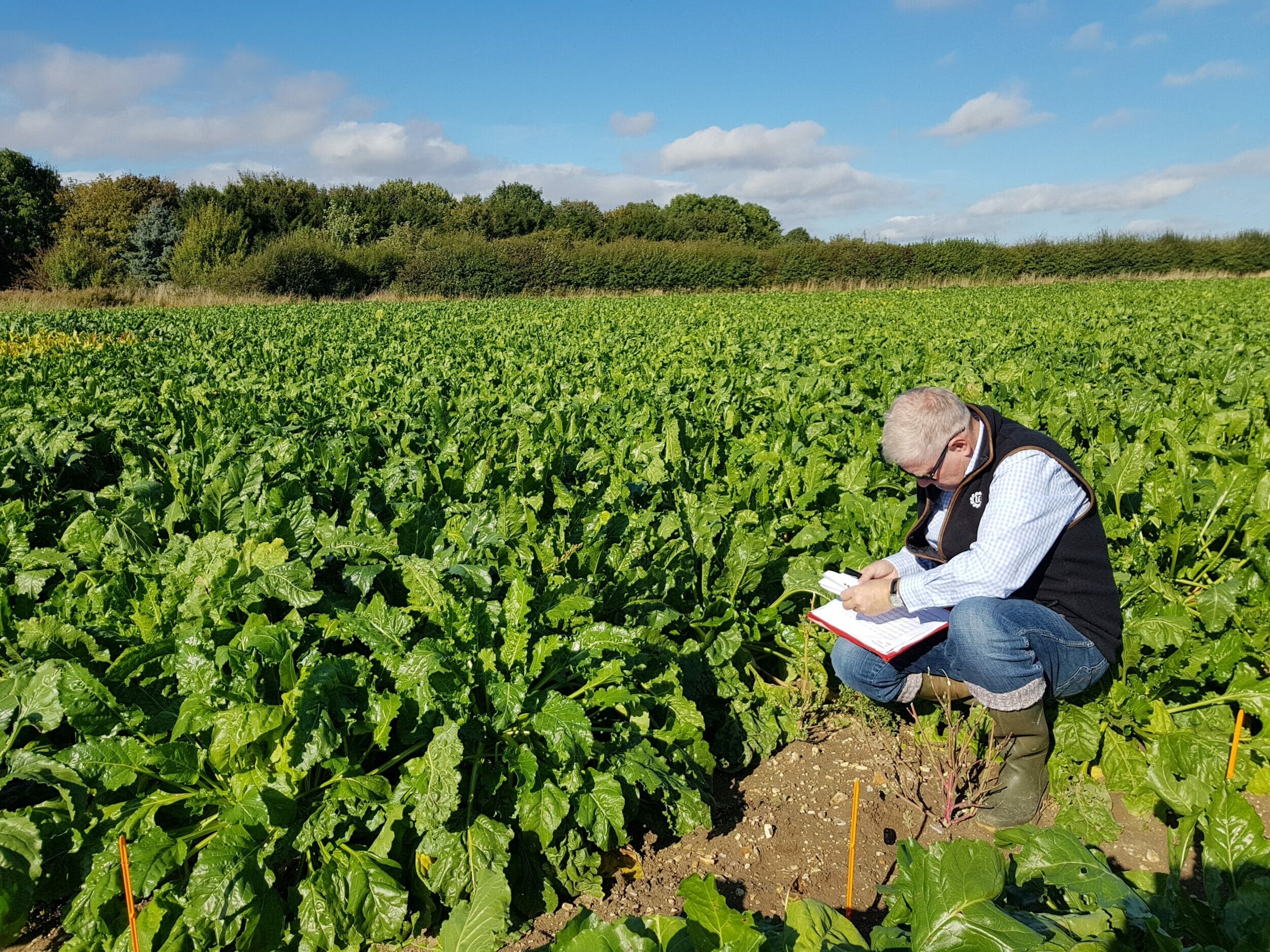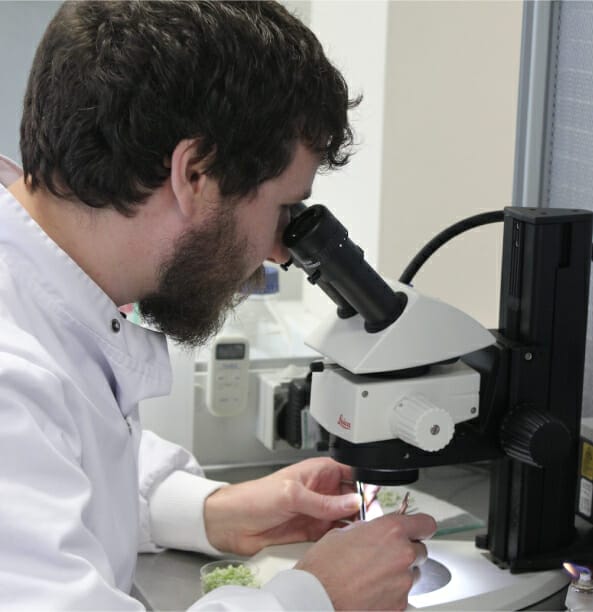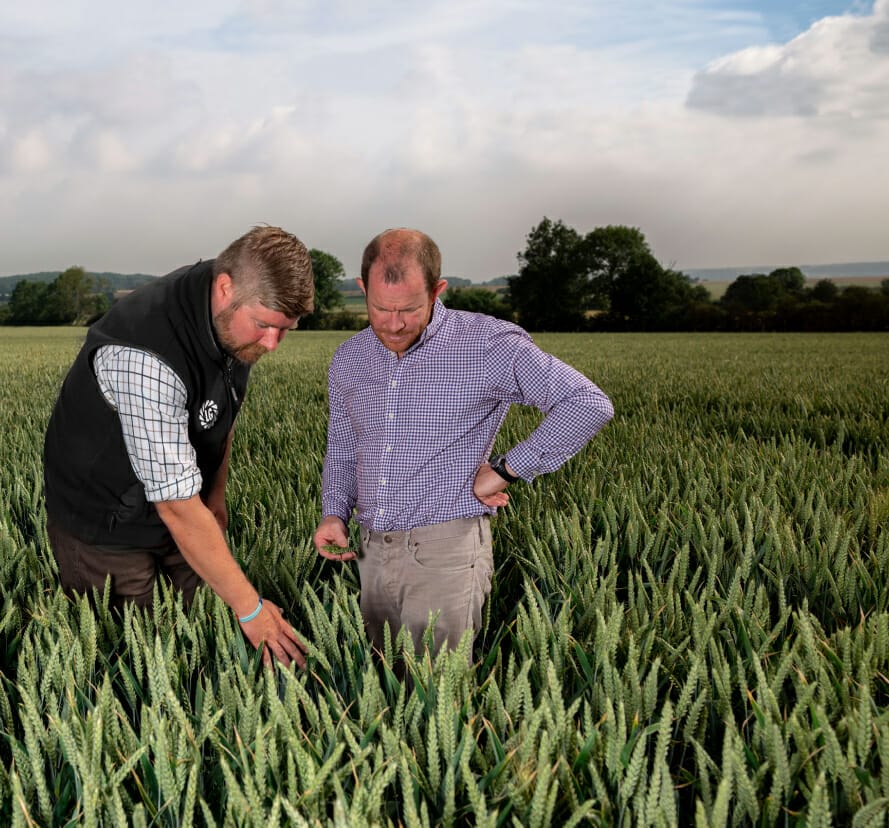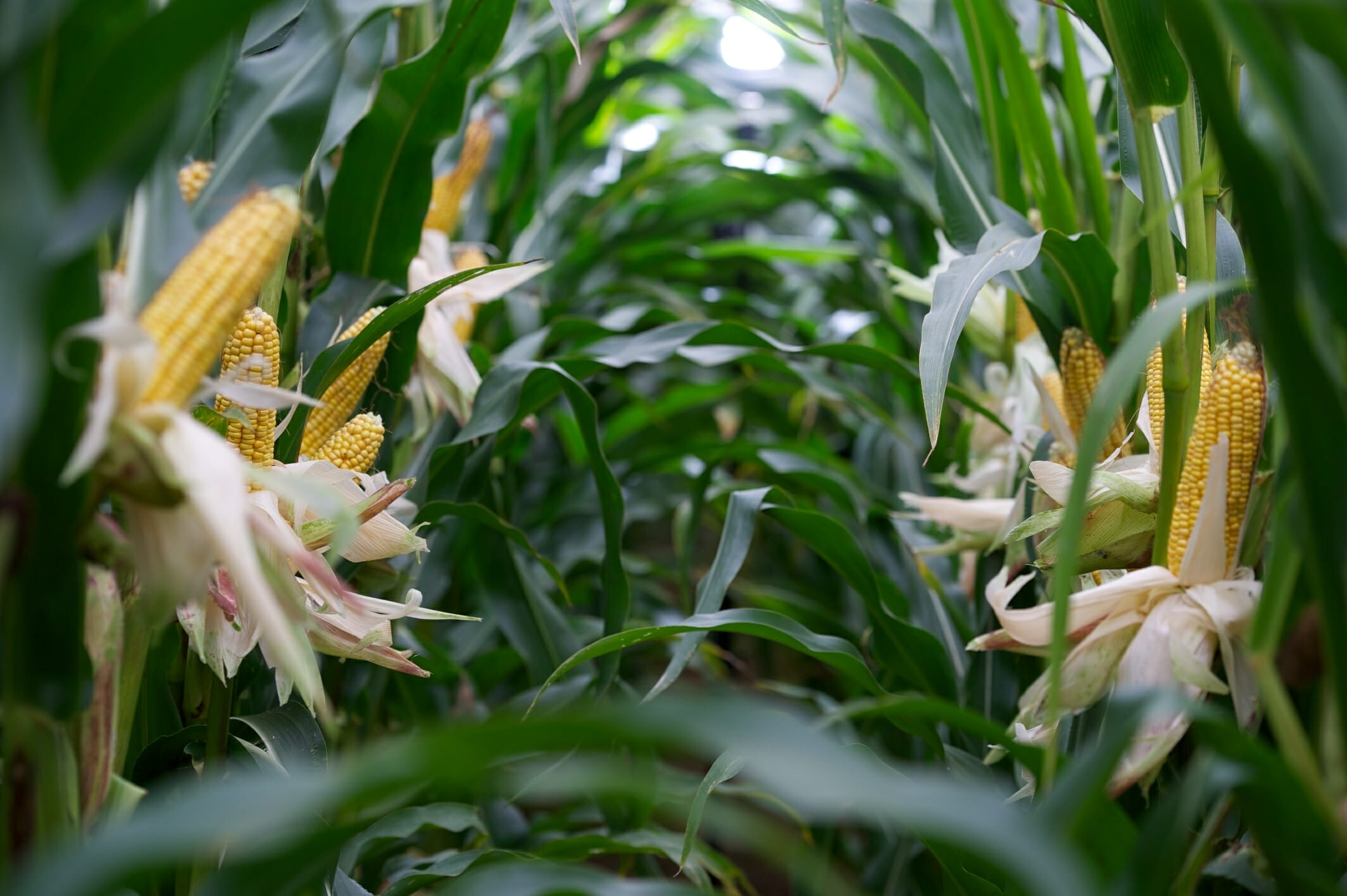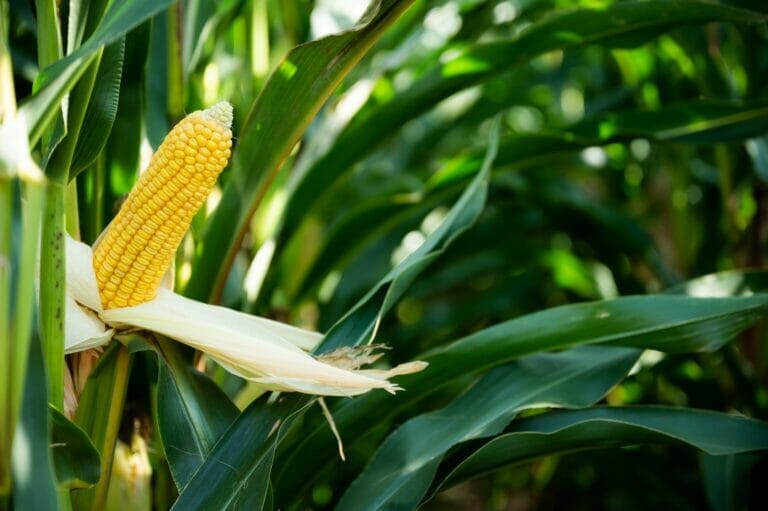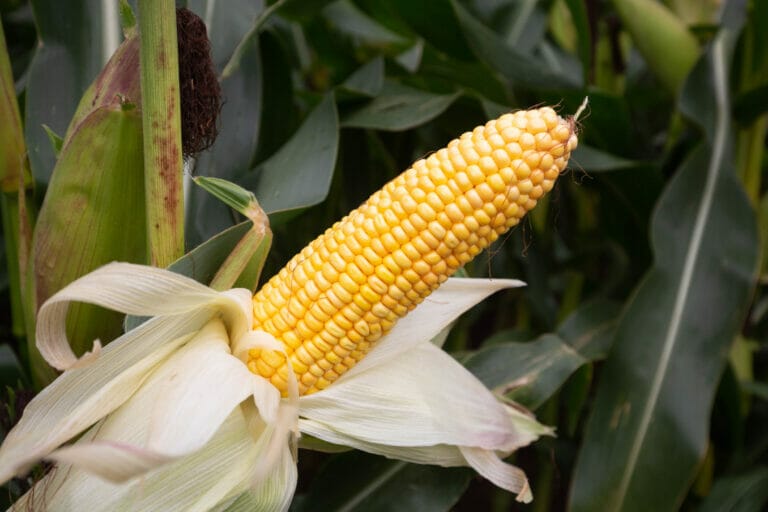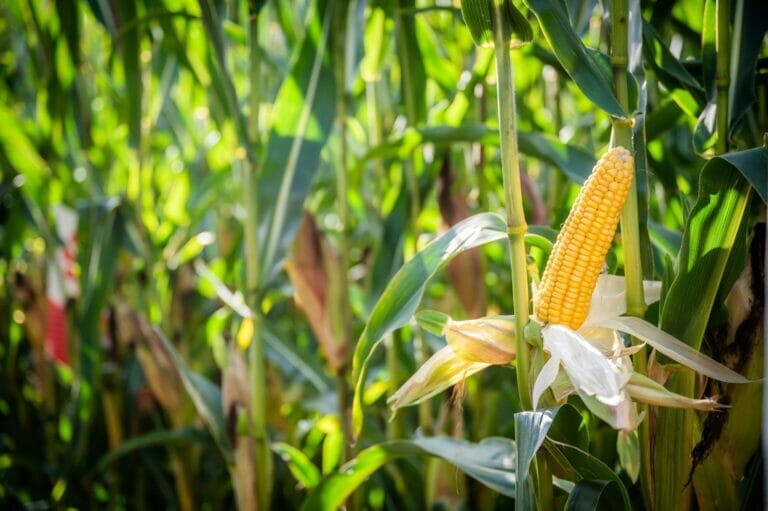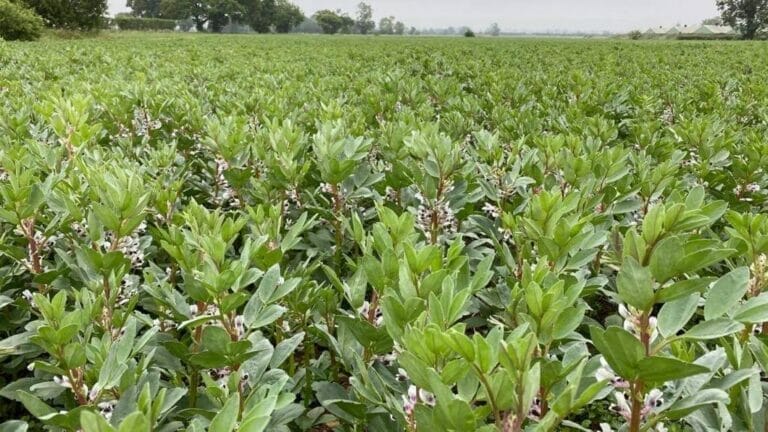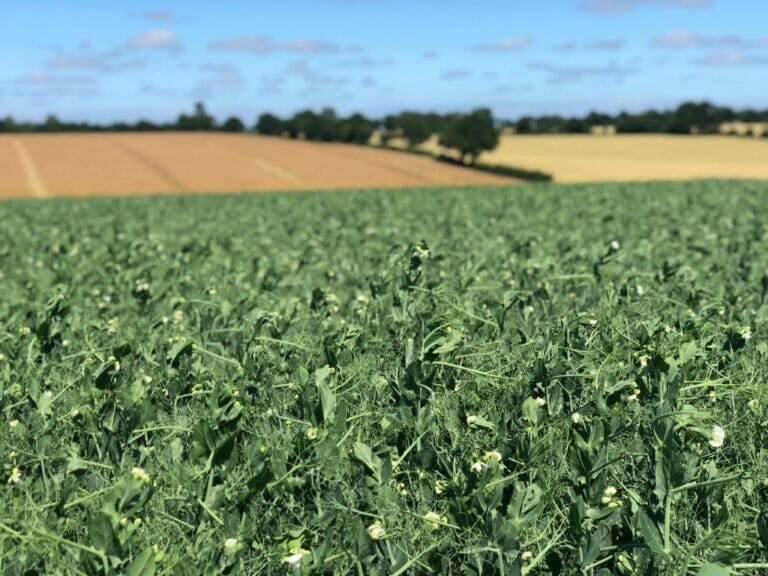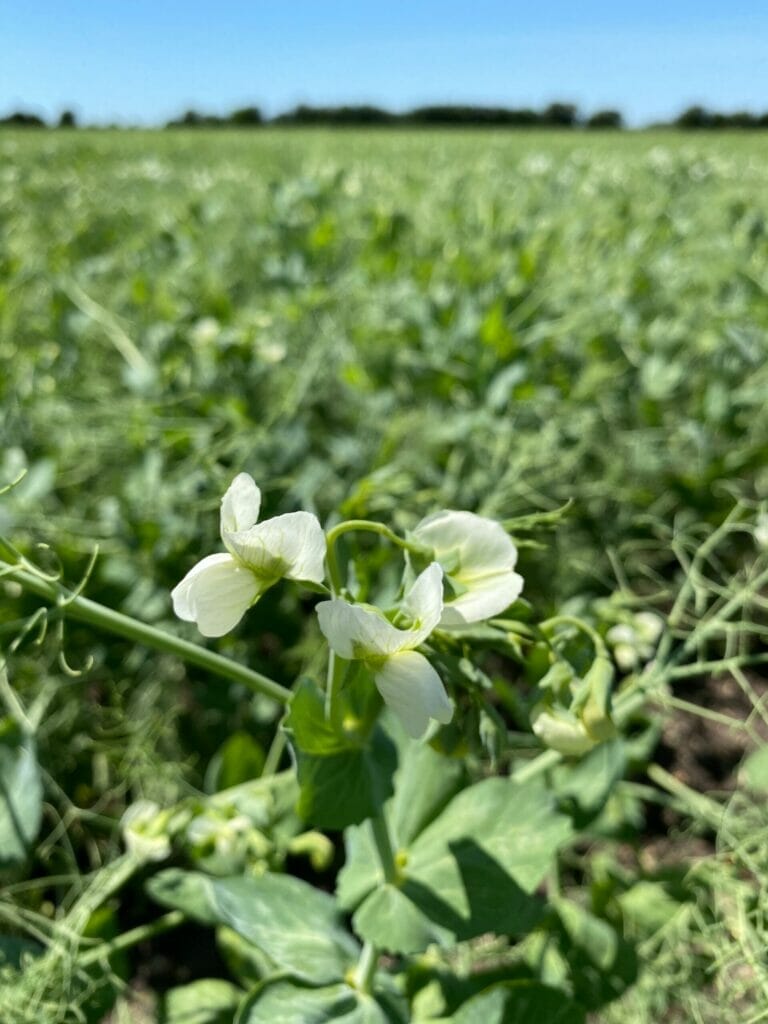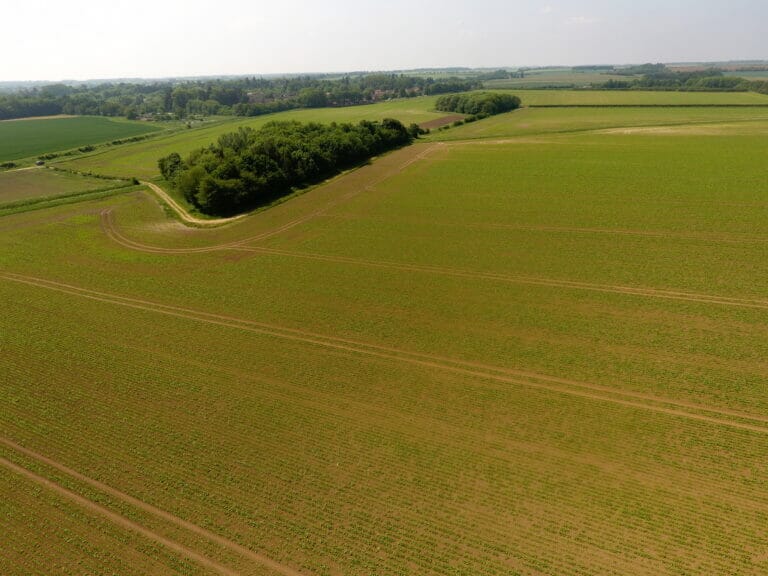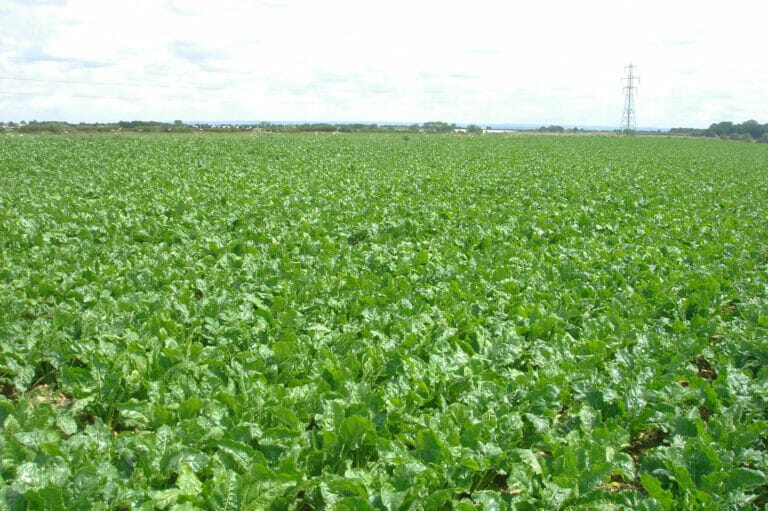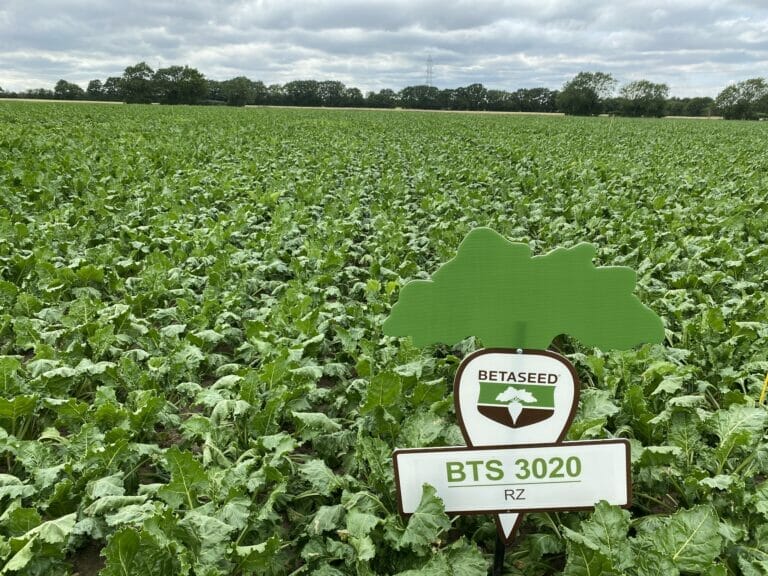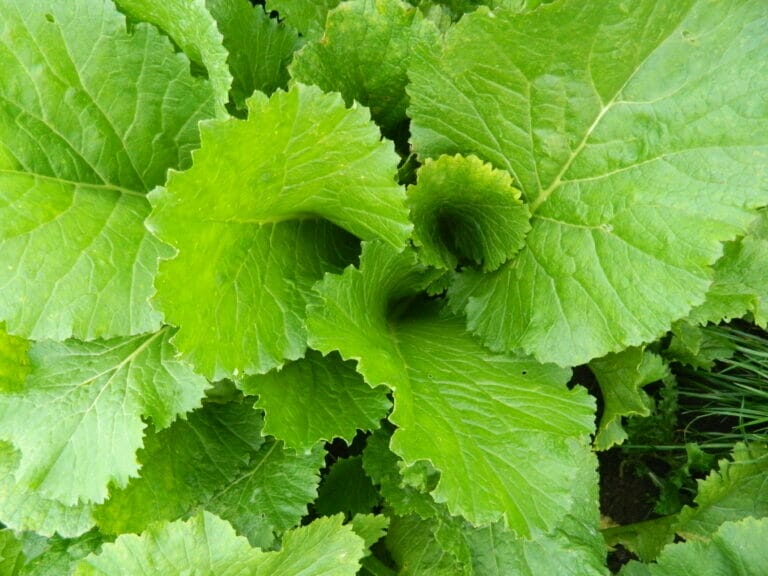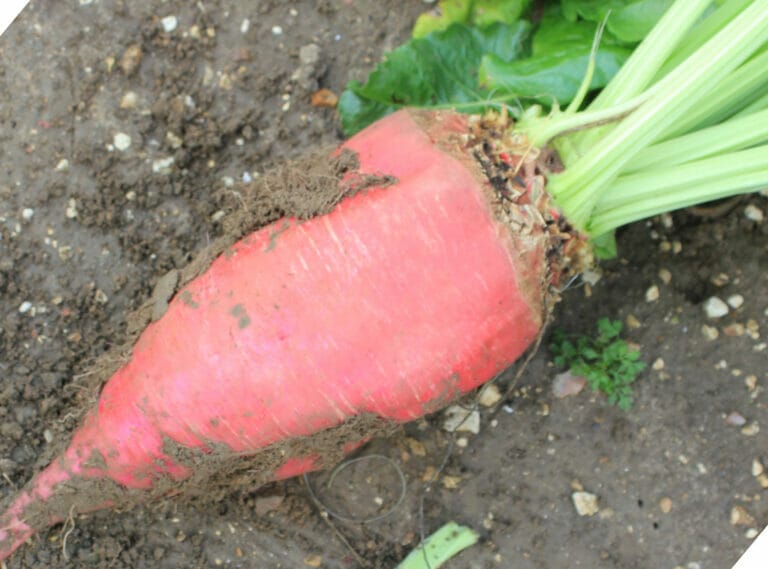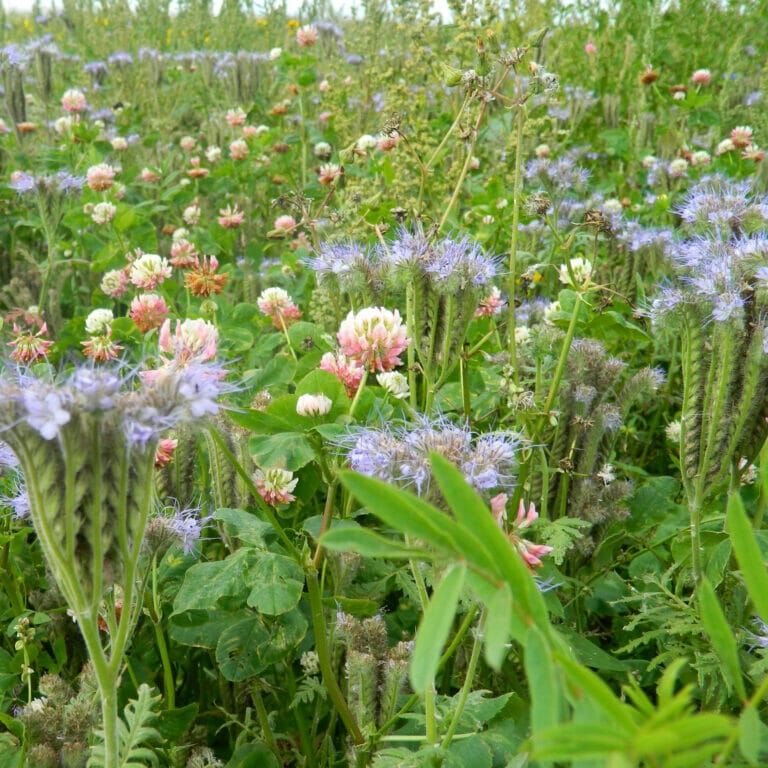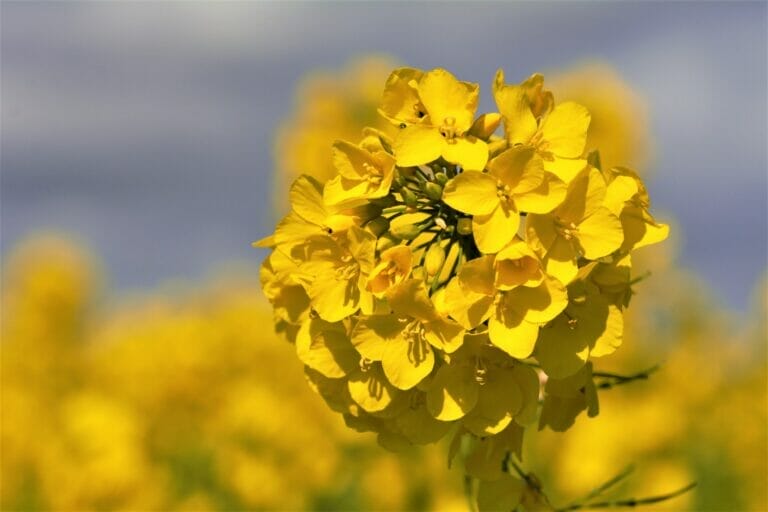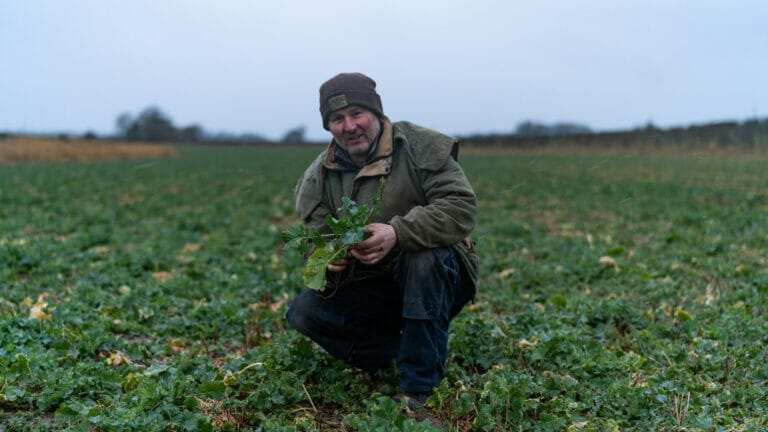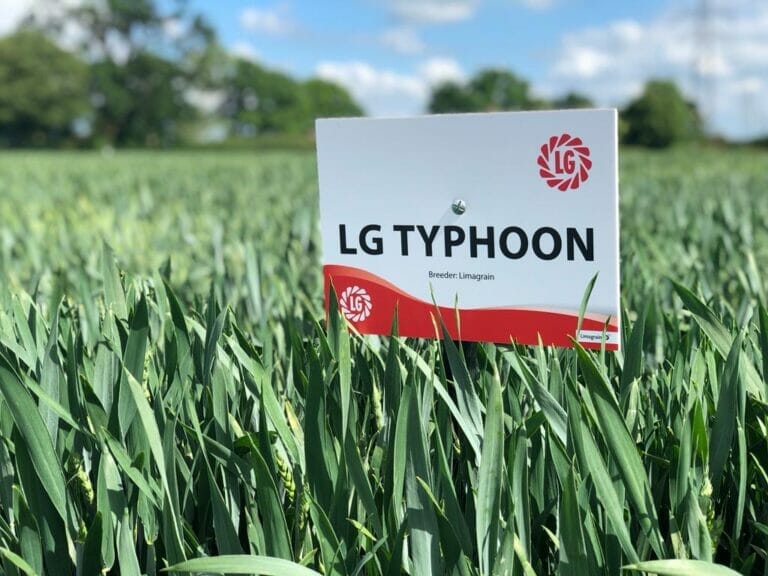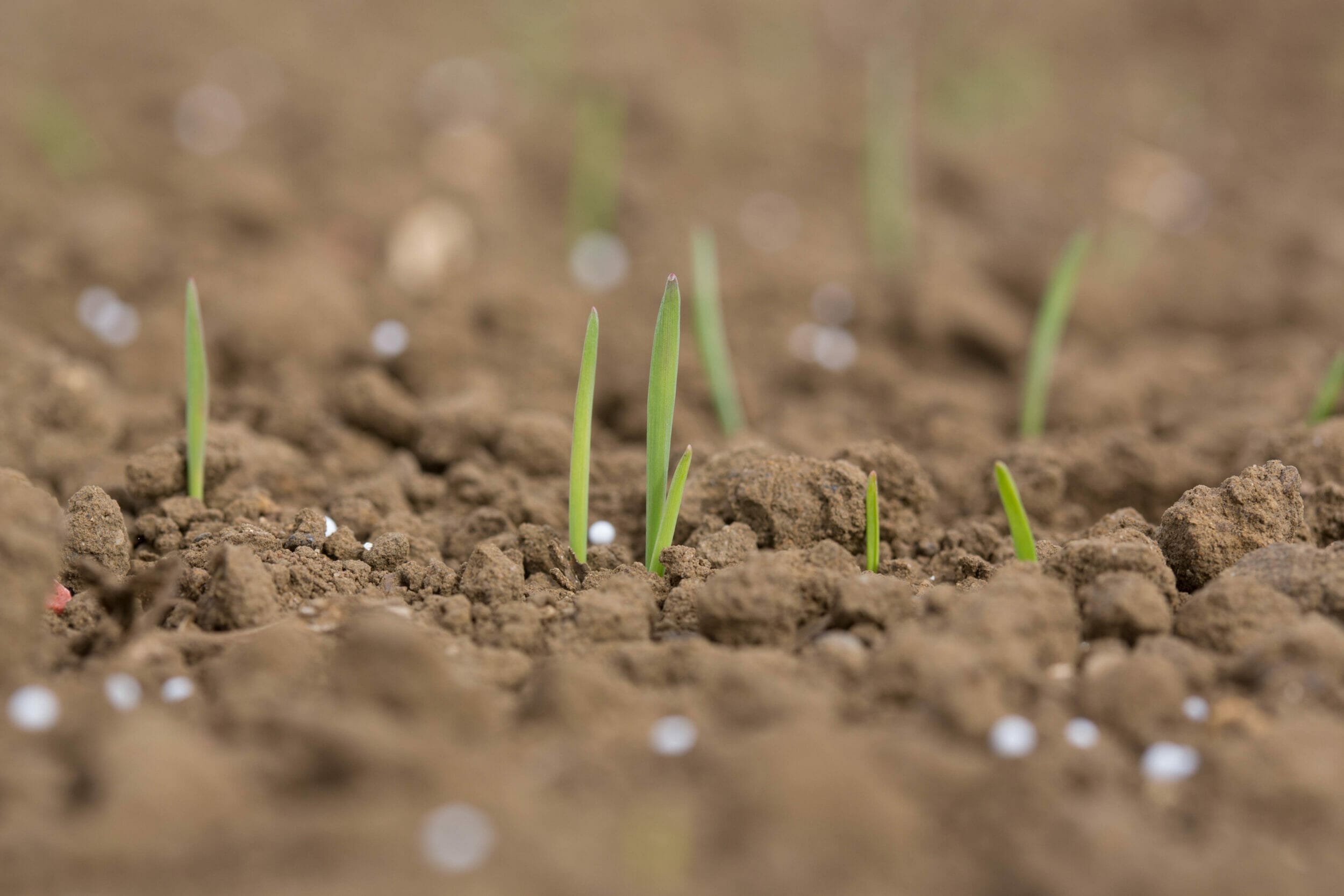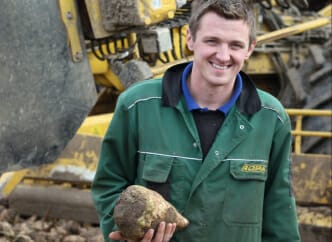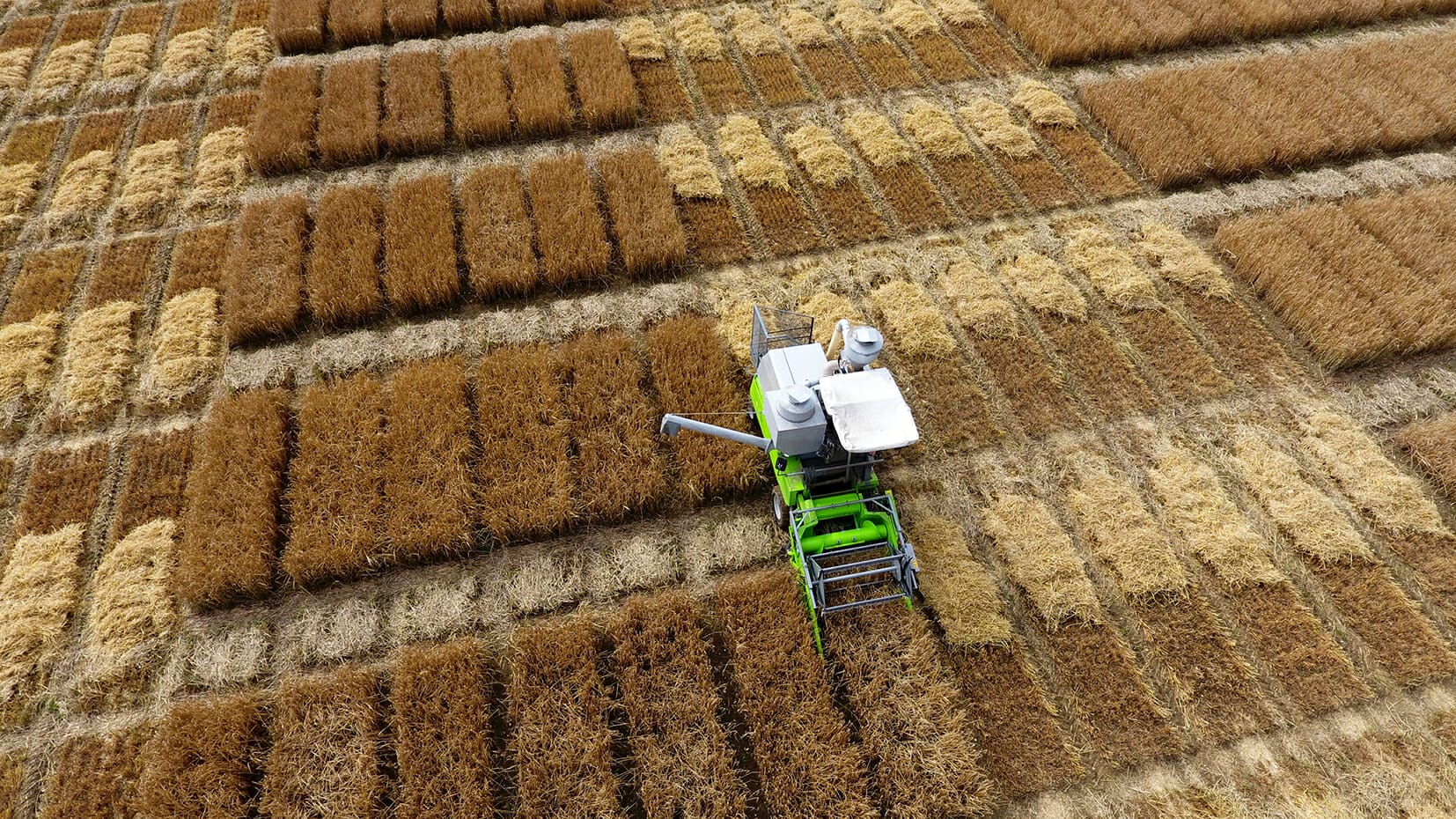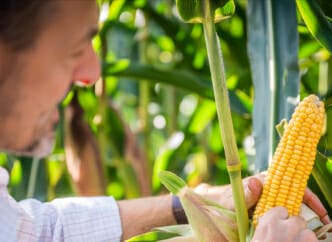“Fodder beet’s high sugar levels and palatability make it a good choice for livestock,” says Mr Titley. “And its energy yields have also made it an attractive option as a feedstock for biogas production. However, energy yields can differ considerably between varieties.”
In Limagrain’s 2013 fodder beet trial, in which 14 commercial varieties were evaluated, the highest yielding variety was Blizzard, yielding 20.43 t/ha of dry matter. This was a tonne more of dry matter than Magnum and over 4 tonnes more than Feldherr.
Mr Titley adds:
“Taking into account the energy density of each variety and calculating the energy yield per hectare: Blizzard provided 11,700 MJ/ha more metabolisable energy than Magnum, and nearly 58,000 MJ/ha more than Feldherr.
“As well as energy potential, dirt tare is important – especially for AD plants as any soil contamination will upset the fermentation process.
“Sugar beet, and some fodder beet varieties with similar genetics, can be very ‘fangy’ and/or develop cracks when growing. Soil then becomes trapped on the beet, and is difficult to remove even with washing.
“Limagrain’s fodder beet programme has always concentrated on developing smooth-skinned beet without fangs, to reduce soil contamination in livestock rations. This attribute is now being appreciated by AD plant operators.”
“Blizzard has performed consistently well in trials over the years. It sits deeper in the ground than some, and so needs a sugar-beet harvester for lifting, and not a top-lifter. It has a higher DM content which makes it less prone to cracking in frost, and more winter hardy overall. Its smooth root gives it a low dirt tare.”
For more information on Blizzard, and the range of fodder beet varieties available from Limagrain, farmers can visit www.limagrain.co.uk to see a video tour of the trial site. Limagrain’s new A5 booklet on Forage Crops trial results can also be downloaded from the site, or is available for free by calling 01472 371471.

